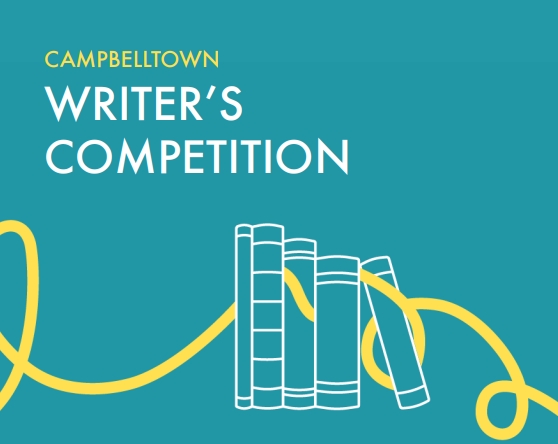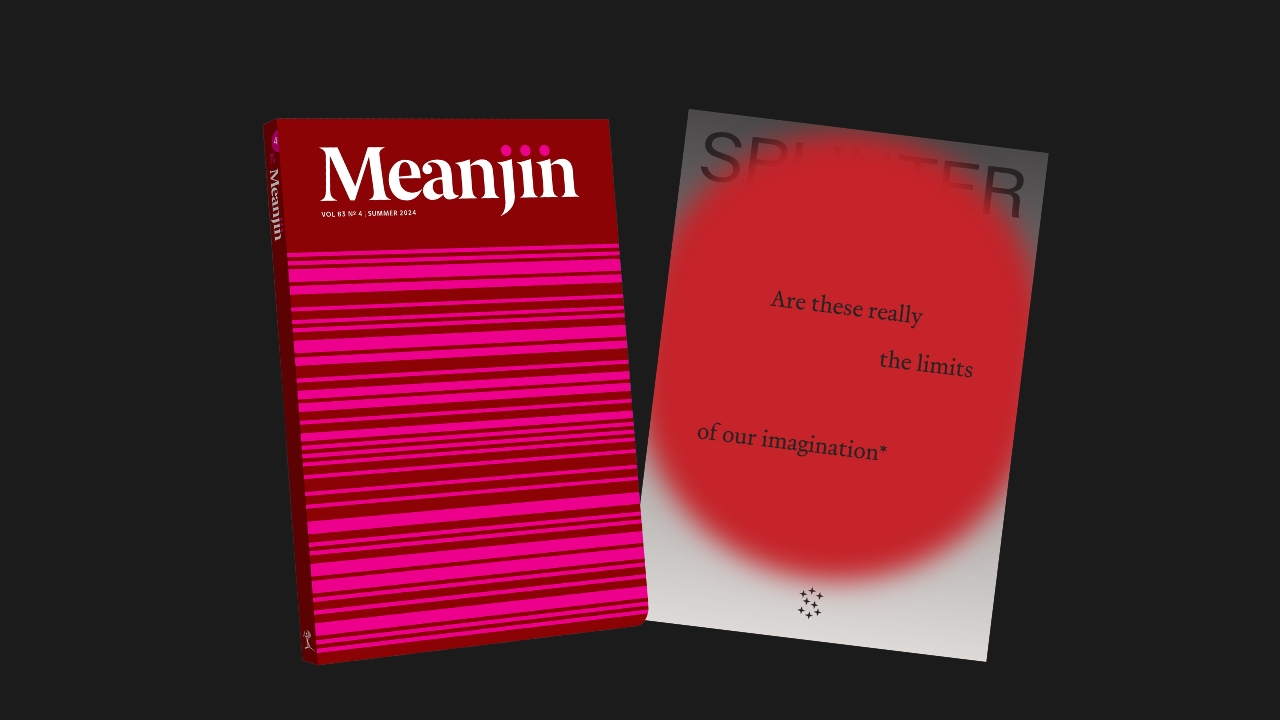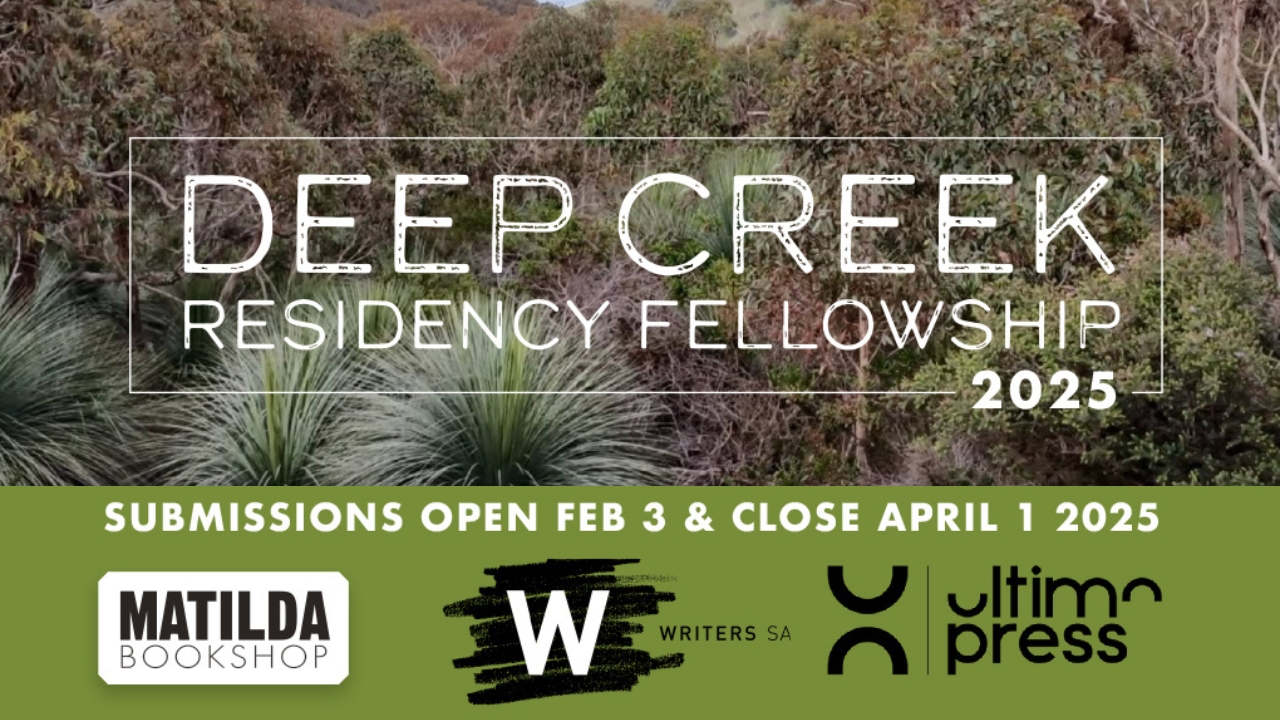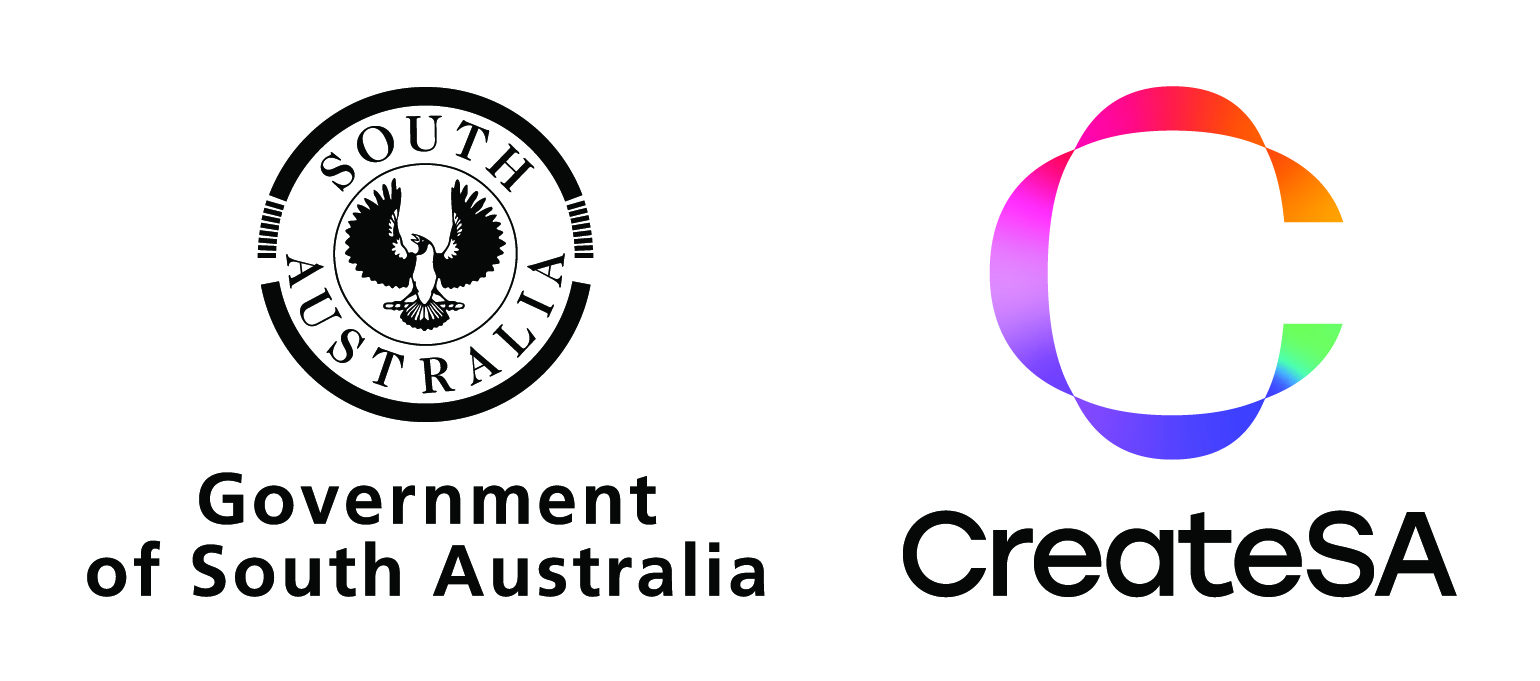By Kate Rush
“This,” he said, pausing for effect and to help us soak up the moment. He held the manuscript of my latest chapter in one hand, elevated at shoulder height to reinforce the importance of what he was about to say. His other hand firmly gripped the coffee in front of him, reinforcing his passionate stance. We were at our favourite coffee shop. “Good coffee” he had once insisted, “is critical to good writing and good conversation”. It was typically busy for a Thursday morning and the friendly noise from the tables around us tried hard to disrupt my concentration. But my focus wouldn’t lapse. This was one of the most important hours each month that influenced, informed and inspired my writing. “This” he repeated, “is good, really good. You are really starting to nail it”. I tried hard to smother the excited smile that was spreading across my face like a child who had just received a ‘well done champ’ sticker for hard work. But suddenly and swiftly like a warriors double edged sword that shouts champion in one moment and death the next; he plunged my manuscript between us. The red pen that had been splashed across the otherwise neatly typed pages told the story of my mentor’s ruthless determination to help me achieve. Thankfully he is also nice.
I never imagined having a mentor as part of my writing process, but I have discovered many benefits and opportunities that arise from the mentoring relationship. The first being the fantastic partnership a mentor offers. Writing can be a lonely endeavour and the personalised connection of a mentor, means you are less alone in the pursuit towards achieving your writing goals. Regular catch ups over coffee (or wine) with a mentor, are like coming up for air when swimming in a vast ocean of too many words or too many empty pages. Mentors can also connect you with wider literary networks, business allies and authors, which create a wonderful web of contacts to further reduce the isolation of writing.
Mentors are also great at helping to address challenges like maintaining motivation and developing the specific proficiencies required for mastering the writing craft. Understanding the unwritten rules of writing techniques or avoiding procrastination tendencies like cleaning your desk over actually using it become an important skillset for any author or author-to-be. The mentors experience and support provides great input to your writing, but you still have to put in the effort. In fact I have discovered you are more inclined to want to put in the effort as you increasingly value the expertise a mentor offers to the process. The impending coffee date becomes a point of accountability for word counts and chapter reviews. Mentors can’t write for you and they are not editors or publishers of your work. Rather their expertise and knowledge are enablers to assist and encourage you, offer ideas and provide broad feedback on your writing style, strengths and methodology.
The mentor relationship works particularly well when you have clearly established goals and guidelines. What do you want to achieve through your writing and in particular, through the assistance of a mentor? How often will you meet and for what period of time? What specific goals do you want to realise? It also helps to have a good working relationship with the person involved, and that means effort from both parties to get the most out of your time together. Spend time reflecting on your discussion, take notes for later motivation and clarity, and plan for a session by reviewing your progress, identifying some key questions and being open to the input and influence of another.
CHECK OUT OUR MENTORING PROGRAM HERE
I ‘found’ my mentor by networking within my workplace, a community organisation that generally feels worlds away from my writing. We arranged a coffee and he then offered to formalise the mentoring process in order to help me achieve my writing goals through specific activities and meetings. There are also programs that can connect you with mentors, which are offered by various agencies, such as the SA Writers Centre. Alternatively networking and attending literary events is a great starting point. A single coffee meeting is a good way to test the waters and see whether both parties involved are comfortable with the idea of mentoring as an ongoing process (or at least for a set period). Certainly for me, the coffee aromas and my marvellous mentor have been an incredible accelerator for inspiration, growth and solutions in my writing development. Rumour has it; he has enjoyed the process too!
Kate Rush is an awarded and dynamic public speaker who is writing her first book on leadership, which draws analogies from the amusing and interesting stories of women’s cricket.







